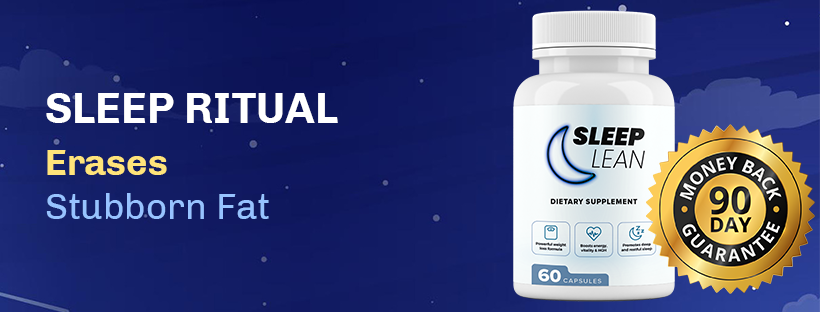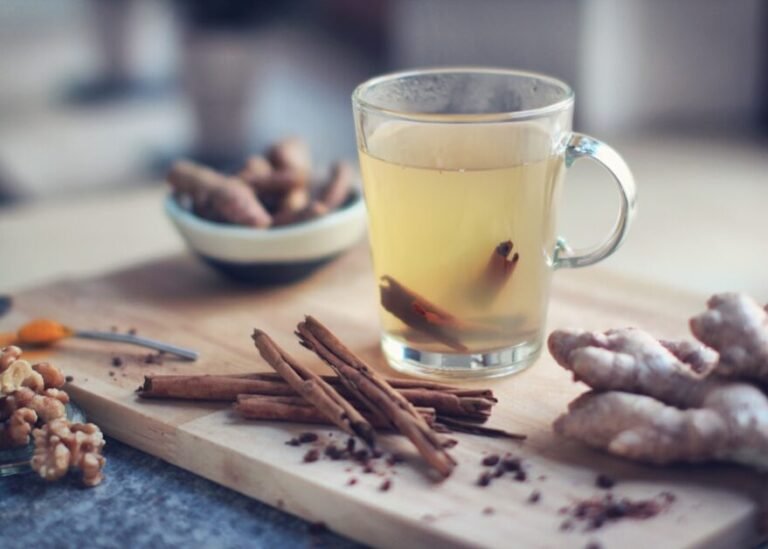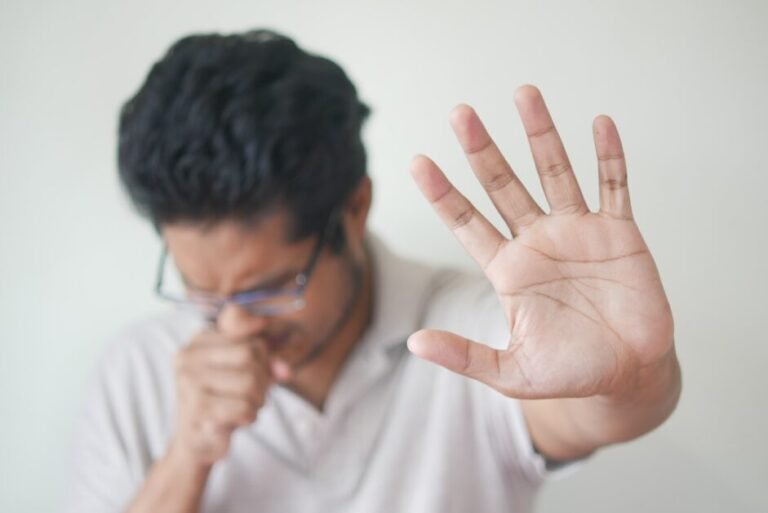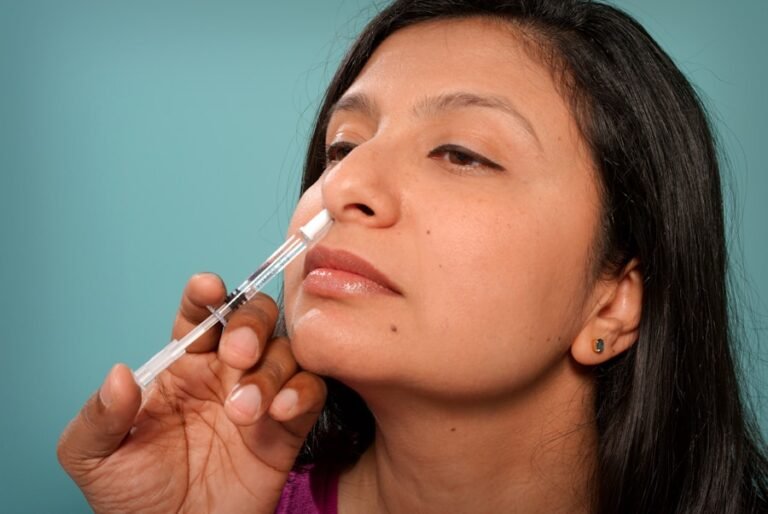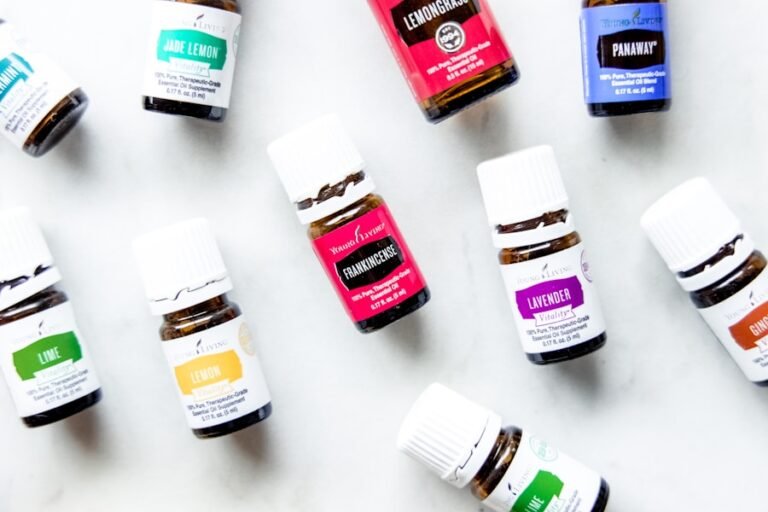Say Goodbye to High Blood Pressure: Effective Home Remedies You Need to Try
High blood pressure, also known as hypertension, is a common condition in which the force of the blood against the walls of the arteries is consistently too high. This can lead to serious health issues such as heart disease, stroke, and kidney problems. Blood pressure is measured in millimeters of mercury (mmHg) and is recorded as two numbers. The first number, systolic pressure, measures the force of blood against the artery walls when the heart beats. The second number, diastolic pressure, measures the force of blood against the artery walls when the heart is at rest between beats. A normal blood pressure reading is typically around 120/80 mmHg. However, a reading consistently higher than 130/80 mmHg is considered high blood pressure.
There are several factors that can contribute to high blood pressure, including genetics, age, and lifestyle choices. It is important to understand the risk factors and symptoms of high blood pressure in order to take the necessary steps to manage and lower it. Some common symptoms of high blood pressure include headaches, shortness of breath, and nosebleeds. However, many people with high blood pressure do not experience any symptoms, which is why it is often referred to as the “silent killer.” It is crucial to have regular check-ups with a healthcare professional to monitor blood pressure levels and take proactive steps to lower it if necessary.
Lifestyle Changes to Lower Blood Pressure
One of the most effective ways to lower high blood pressure is by making lifestyle changes. This can include maintaining a healthy weight, exercising regularly, and quitting smoking. Being overweight or obese can put extra strain on the heart, leading to high blood pressure. By losing even a small amount of weight, individuals can significantly lower their blood pressure. Regular physical activity is also important for managing high blood pressure. Exercise helps the heart to use oxygen more efficiently, which in turn helps to lower blood pressure. It is recommended to engage in at least 150 minutes of moderate-intensity exercise per week, such as brisk walking, swimming, or cycling.
Smoking is a major risk factor for high blood pressure and heart disease. The chemicals in tobacco can damage the lining of the arteries, leading to atherosclerosis, or the hardening and narrowing of the arteries. This can increase blood pressure and the risk of heart attack and stroke. Quitting smoking can have immediate and long-term benefits for blood pressure and overall health. Additionally, managing stress is important for lowering high blood pressure. Chronic stress can contribute to high blood pressure, so finding healthy ways to cope with stress, such as meditation, yoga, or spending time with loved ones, can be beneficial for managing blood pressure levels.
Dietary Changes to Lower Blood Pressure
In addition to lifestyle changes, making dietary changes can also help to lower high blood pressure. One of the most important dietary changes is reducing sodium intake. Sodium can cause the body to retain fluid, which increases blood pressure. The American Heart Association recommends consuming no more than 2,300 milligrams of sodium per day, with an ideal limit of 1,500 milligrams per day for most adults. This can be achieved by avoiding processed and packaged foods, which are often high in sodium, and opting for fresh fruits and vegetables, lean proteins, and whole grains.
In addition to reducing sodium, increasing potassium intake can also help to lower high blood pressure. Potassium helps to balance the effects of sodium and relax the blood vessel walls, which can lower blood pressure. Foods that are high in potassium include bananas, oranges, spinach, and sweet potatoes. Another important dietary change for lowering high blood pressure is reducing alcohol consumption. Drinking too much alcohol can raise blood pressure and also reduce the effectiveness of blood pressure medications. It is recommended to limit alcohol intake to no more than one drink per day for women and two drinks per day for men.
Stress Management Techniques
Stress can have a significant impact on blood pressure, so it is important to find healthy ways to manage and reduce stress. Chronic stress can lead to an increase in blood pressure, as well as unhealthy coping mechanisms such as overeating, smoking, or excessive alcohol consumption. One effective stress management technique is meditation. Meditation has been shown to reduce blood pressure and promote relaxation. It can be as simple as taking a few minutes each day to sit quietly and focus on the breath. Another effective stress management technique is yoga. Yoga combines physical postures, breathing exercises, and meditation to promote relaxation and reduce stress. It has been shown to lower blood pressure and improve overall cardiovascular health.
In addition to meditation and yoga, spending time in nature can also help to reduce stress and lower blood pressure. Being in nature has a calming effect on the mind and body, which can help to reduce stress levels. Spending time outdoors, whether it’s going for a walk in the park or sitting in a garden, can have a positive impact on blood pressure. It is also important to find healthy ways to cope with stress, such as talking to a friend or loved one, engaging in a hobby, or seeking professional help if needed. By managing stress effectively, individuals can help to lower their blood pressure and improve their overall health.
Herbal Remedies for High Blood Pressure
In addition to lifestyle and dietary changes, there are also herbal remedies that can help to lower high blood pressure. One of the most well-known herbal remedies for high blood pressure is garlic. Garlic has been used for centuries for its medicinal properties, including its ability to lower blood pressure. It contains allicin, a compound that has been shown to have a positive effect on blood pressure. Garlic can be consumed raw, cooked, or in supplement form to help lower blood pressure. Another herbal remedy for high blood pressure is hibiscus. Hibiscus tea has been shown to have a mild but significant effect on lowering blood pressure. It is rich in antioxidants and has diuretic properties, which can help to lower blood pressure.
In addition to garlic and hibiscus, other herbal remedies for high blood pressure include ginger, turmeric, and cinnamon. These herbs have anti-inflammatory and antioxidant properties, which can help to lower blood pressure and improve overall cardiovascular health. It is important to consult with a healthcare professional before using herbal remedies, as they can interact with medications and have potential side effects. However, when used appropriately, herbal remedies can be a natural and effective way to lower high blood pressure.
Exercise and Physical Activity
Regular exercise and physical activity are essential for managing and lowering high blood pressure. Exercise helps to strengthen the heart and improve cardiovascular health, which can lead to lower blood pressure. It also helps to reduce stress, which is a common contributor to high blood pressure. Aerobic exercise, such as walking, jogging, swimming, or cycling, is particularly effective for lowering blood pressure. It is recommended to engage in at least 150 minutes of moderate-intensity exercise per week, or 75 minutes of vigorous-intensity exercise per week, in addition to muscle-strengthening activities at least two days per week.
In addition to aerobic exercise, strength training can also help to lower high blood pressure. Building muscle can improve overall cardiovascular health and help to lower blood pressure. It is important to find activities that are enjoyable and sustainable in order to maintain a regular exercise routine. This can include activities such as dancing, gardening, or playing a sport. By incorporating regular exercise and physical activity into daily life, individuals can help to lower their blood pressure and improve their overall health.
Home Monitoring and Tracking
Home monitoring and tracking of blood pressure can be a valuable tool for managing high blood pressure. By regularly monitoring blood pressure at home, individuals can gain a better understanding of their blood pressure levels and how they are affected by lifestyle and dietary changes. This can help to identify patterns and trends, as well as provide valuable information to share with healthcare professionals. There are a variety of home blood pressure monitors available, ranging from manual to automatic, and wrist to arm cuffs. It is important to choose a monitor that is accurate and easy to use, and to follow the manufacturer’s instructions for proper use.
In addition to home monitoring, keeping a blood pressure journal can also be helpful for tracking blood pressure levels and identifying potential triggers. This can include recording blood pressure readings, as well as lifestyle and dietary factors such as exercise, stress, and sodium intake. By keeping track of these factors, individuals can gain insight into how they affect their blood pressure and make informed decisions about managing and lowering it. It is important to share this information with healthcare professionals in order to develop a personalized plan for managing high blood pressure.
Importance of Adequate Sleep
Adequate sleep is essential for overall health, including managing and lowering high blood pressure. During sleep, the body repairs and rejuvenates itself, including the cardiovascular system. Lack of sleep can lead to an increase in blood pressure and a higher risk of developing hypertension. It is recommended for adults to aim for 7-9 hours of quality sleep per night in order to maintain optimal health. In addition to the quantity of sleep, the quality of sleep is also important for managing blood pressure. This can include creating a comfortable sleep environment, establishing a regular sleep schedule, and practicing relaxation techniques before bed.
In addition to the quantity and quality of sleep, addressing sleep disorders such as sleep apnea can also help to lower high blood pressure. Sleep apnea is a common disorder in which breathing repeatedly stops and starts during sleep, leading to a decrease in oxygen levels and an increase in blood pressure. By addressing sleep apnea through lifestyle changes, such as weight loss and sleeping on the side, or with the use of a continuous positive airway pressure (CPAP) machine, individuals can help to lower their blood pressure and improve their overall health.
Limiting Alcohol and Caffeine Intake
Limiting alcohol and caffeine intake is important for managing and lowering high blood pressure. Drinking too much alcohol can raise blood pressure and also reduce the effectiveness of blood pressure medications. It is recommended to limit alcohol intake to no more than one drink per day for women and two drinks per day for men. Additionally, caffeine can temporarily raise blood pressure, so it is important to consume it in moderation. This can include limiting the amount of coffee, tea, and energy drinks consumed, as well as being mindful of hidden sources of caffeine in foods and medications.
In addition to limiting alcohol and caffeine intake, it is important to be aware of the potential effects of other substances on blood pressure. This can include illegal drugs, over-the-counter medications, and herbal supplements. It is important to consult with a healthcare professional before using these substances, as they can interact with medications and have potential side effects. By being mindful of alcohol, caffeine, and other substances, individuals can help to lower their blood pressure and improve their overall health.
Seeking Professional Help for High Blood Pressure
Seeking professional help for high blood pressure is essential for managing and lowering it. This can include regular check-ups with a healthcare professional to monitor blood pressure levels and develop a personalized plan for managing and lowering it. It is important to follow the recommendations of healthcare professionals, including taking prescribed medications as directed and making lifestyle and dietary changes as needed. In addition to regular check-ups, it is important to seek professional help if experiencing symptoms of high blood pressure, such as headaches, shortness of breath, or nosebleeds.
In addition to healthcare professionals, seeking support from friends, family, and support groups can also be beneficial for managing high blood pressure. By sharing experiences and learning from others, individuals can gain valuable insight and motivation for managing and lowering their blood pressure. It is important to be proactive and take control of high blood pressure in order to prevent serious health issues such as heart disease, stroke, and kidney problems. By seeking professional help and support, individuals can take the necessary steps to manage and lower their blood pressure and improve their overall health.


